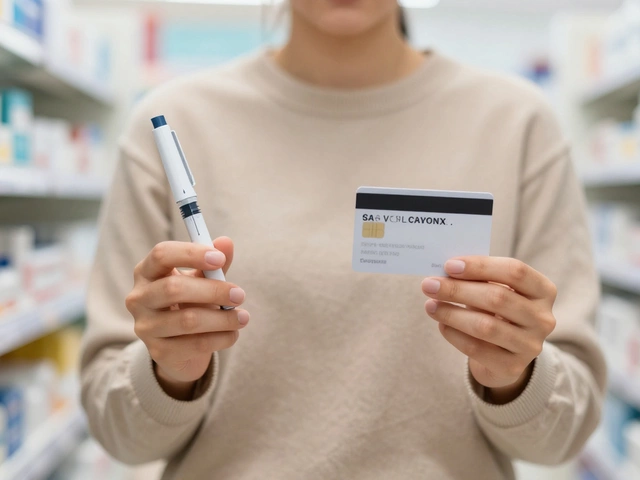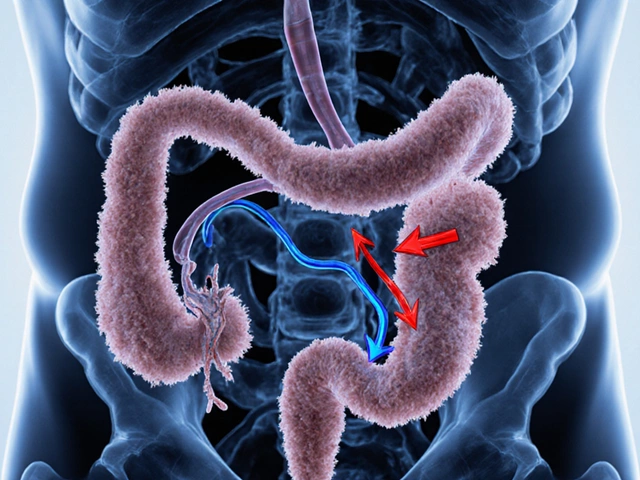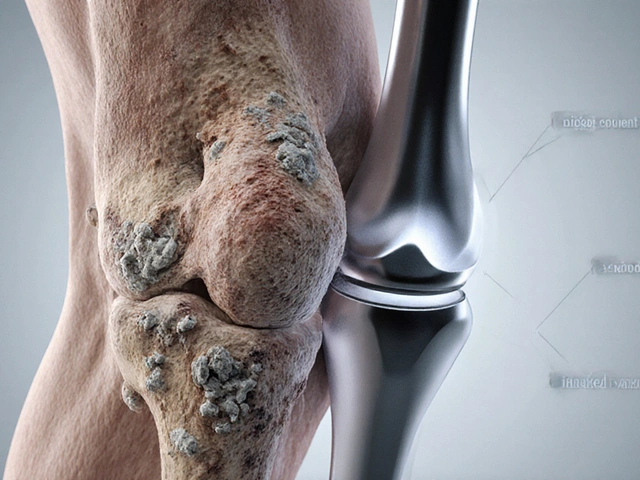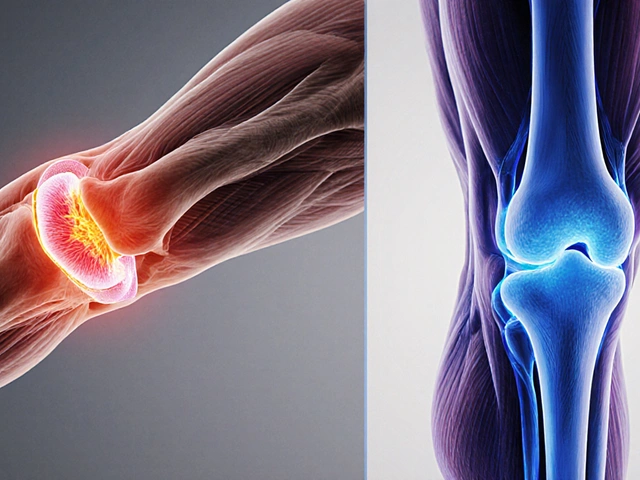Heart Surgery Recovery Assessment Tool
Is Your Heart Ready?
Based on medical guidelines, most patients can resume light intimacy around 4-6 weeks after surgery when their heart can handle moderate activity (4-5 METs).
Your Activity Assessment
Your Assessment
After heart surgery, your body is healing-not just the incision on your chest, but your entire cardiovascular system. You might feel stronger day by day, but questions about intimacy linger. One of the most common, yet rarely talked about, questions is: Can you have oral sex after heart surgery? The answer isn’t yes or no. It’s about timing, safety, and listening to your body.
When Is It Safe to Resume Sexual Activity?
Most cardiac rehab programs and cardiologists agree that light physical activity, including sex, can usually resume around 4 to 6 weeks after open-heart surgery. This timeline isn’t arbitrary. It’s based on how long it takes your sternum (breastbone) to heal. After bypass or valve surgery, your sternum is wired back together. It takes about 6 to 8 weeks to fuse solidly. Until then, putting pressure on your chest-like during deep kissing or oral sex-could risk reopening the wound or causing pain.
But it’s not just about the bone. Your heart needs time to adjust to normal blood flow demands. During sexual activity, your heart rate and blood pressure rise. After surgery, your heart may not handle sudden spikes the way it used to. That’s why doctors recommend starting with light activity first-like walking or cuddling-before moving to more intense forms of intimacy.
What Does Oral Sex Actually Do to Your Heart?
Oral sex, like any sexual activity, increases heart rate, breathing rate, and blood pressure. For someone recovering from heart surgery, this isn’t inherently dangerous-but it does require caution. The key is intensity and position.
If you’re the one receiving oral sex, your heart isn’t doing heavy work. The main effort is on your partner. But if you’re the one performing, you’re using your core muscles, possibly bending over, and exerting physical effort. That’s a bigger load on your heart. Think of it like climbing stairs or lifting a 10-pound bag of groceries. If you can do those without dizziness, shortness of breath, or chest pain, you’re likely ready for light oral activity.
Studies from the American Heart Association show that less than 1% of cardiac events occur during sex-even in people with stable heart conditions. The risk is extremely low if you’ve been cleared for moderate exercise. But that’s only true if you’ve followed your rehab plan.
Signs You’re Not Ready Yet
Don’t rush. Your body will tell you when it’s not ready. Watch for these warning signs during or after any sexual activity:
- Chest pain, pressure, or tightness
- Dizziness, lightheadedness, or fainting
- Shortness of breath that doesn’t go away after resting for 5 minutes
- Heart palpitations or irregular heartbeat
- Excessive fatigue that lasts hours
If you experience any of these, stop immediately. Call your doctor. These aren’t normal side effects-they’re red flags. Many patients ignore them because they’re embarrassed or afraid of being told to wait longer. But pushing too soon can delay healing or even cause complications like pericardial effusion or arrhythmias.
Positions and Practices That Reduce Risk
Not all sexual positions are equal after heart surgery. The goal is to minimize strain on your chest and heart.
- Be the receiver: This reduces physical exertion. You’re passive, not active.
- Stay seated or lying down: Avoid standing or bending over. Gravity increases heart workload.
- Use pillows for support: Prop up your back or knees to avoid twisting your torso.
- Take breaks: Pause if you feel winded. It’s okay to stop and restart.
- Avoid alcohol or stimulants: They can raise your heart rate unpredictably.
Many couples find that oral sex becomes more comfortable after they’ve been cleared for intercourse. That’s because intercourse usually requires more full-body movement and energy. Starting with lower-intensity acts can help rebuild confidence without overloading the heart.
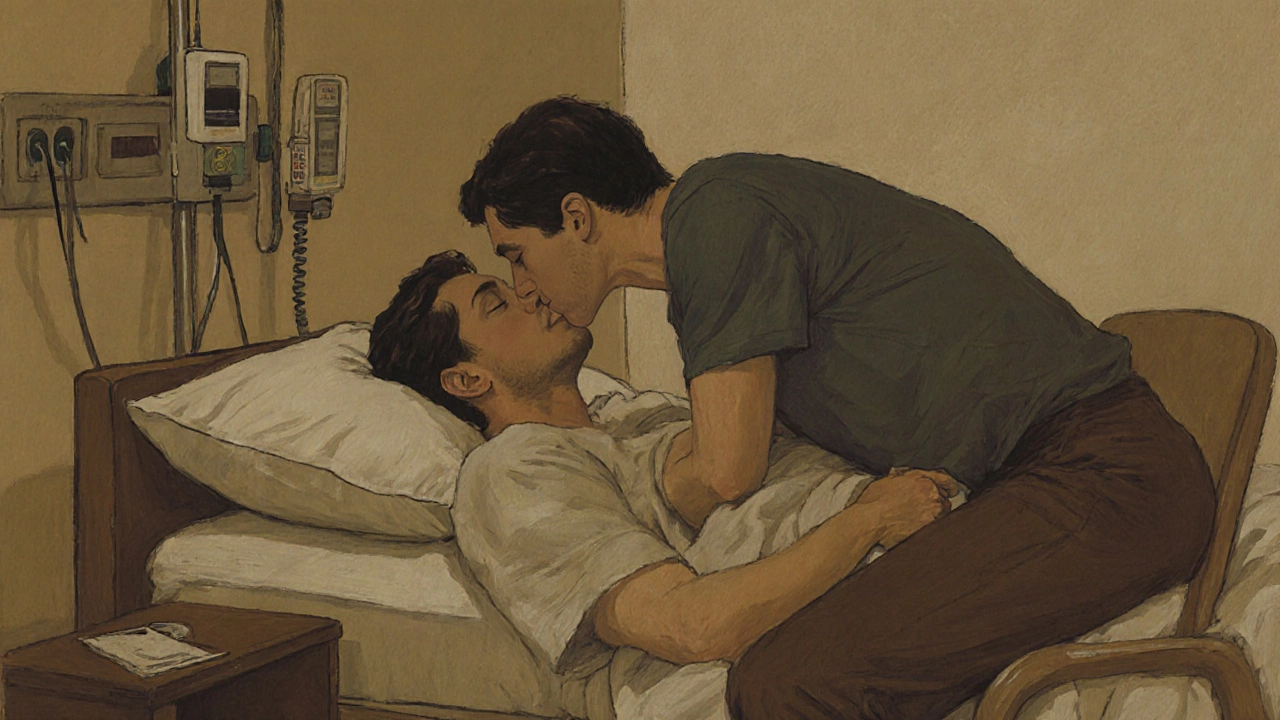
Medications Can Affect Your Response
If you’re on beta-blockers, ACE inhibitors, or diuretics after surgery, your body reacts differently to physical stress. Beta-blockers lower your heart rate and blood pressure. That means you might not feel your heart racing the way you used to-even if it’s working harder than it should.
That’s dangerous. You might think you’re fine because you’re not sweating or breathless, but your heart could be under strain. Always check with your cardiologist about how your meds affect your activity limits. Some patients need to adjust their dosage before resuming sex.
Also, avoid erectile dysfunction drugs like sildenafil (Viagra) unless your doctor says it’s safe. These can dangerously lower blood pressure when mixed with heart medications.
Emotional Barriers Are Real
Physical recovery is only half the battle. Many patients feel anxious, self-conscious, or even guilty about wanting intimacy after surgery. You might worry you’re not attractive anymore, or that your partner sees you as fragile.
These feelings are normal. But they can be more damaging than the physical risks. Studies from Johns Hopkins show that couples who talk openly about sex after cardiac events report better recovery outcomes and higher relationship satisfaction.
Don’t wait for your partner to bring it up. Start the conversation early. Say: “I miss being close to you. I’m not sure if I’m ready for sex yet, but I want to know what’s safe.” Most partners want reassurance as much as you do.
What Your Cardiologist Will Ask You
When you bring this up at your follow-up, your doctor might not ask directly-but they’ll look for clues. They’ll ask if you’ve resumed normal daily activities. If you say yes, they’ll assume you’re ready for sex.
But you should be specific. Say: “I want to know if oral sex is safe. I’m worried about straining my chest.” That gives them the context they need to give you real advice.
Some cardiologists use the METs (Metabolic Equivalents) test to measure your heart’s capacity. If you can climb two flights of stairs or walk at 3 mph on a flat surface without symptoms, you’re likely at 4-5 METs. That’s the threshold for safe sexual activity.

When to Call Your Doctor
Even if you feel fine, call your doctor if:
- You had a recent heart attack before surgery
- You have an implanted defibrillator or pacemaker
- You’re still on oxygen therapy
- You’ve had complications like infection, bleeding, or arrhythmia
These conditions require extra caution. Your doctor might recommend a stress test before giving you the green light for any sexual activity.
Real Stories From Recovery
One patient, Raj, 62, had triple bypass in March 2025. He waited 7 weeks before trying intimacy again. He started with holding hands, then kissing, then oral sex-slowly. He said: “I didn’t want to risk it. I’ve seen friends who rushed back and ended up back in the hospital. I wasn’t going to be one of them.”
Another, Priya, 58, had a valve replacement. She was nervous her husband would find her unattractive after the scar. She told him: “I’m scared to touch you.” He replied: “I don’t care about the scar. I care that you’re alive.” They resumed oral sex at 5 weeks, using pillows for support. She said: “It felt good-not because of the act, but because I felt like myself again.”
Final Advice: Take It Slow, Stay Honest
There’s no universal timeline. One person might be ready at 4 weeks. Another might need 10. It depends on your surgery type, age, fitness level, and how well you followed rehab.
Don’t compare yourself to others. Don’t listen to YouTube videos or Reddit threads. Listen to your doctor and your body.
Oral sex after heart surgery isn’t forbidden. It’s not risky if you’re careful. But it’s not something you should guess your way through. Talk to your care team. Start slow. Communicate with your partner. And remember-intimacy isn’t just about sex. It’s about connection. And that’s something your heart is ready for long before your body is.
Is oral sex safe after bypass surgery?
Yes, but only after your sternum has healed-usually 6 to 8 weeks post-op. Start with light activity and avoid positions that strain your chest. Always check with your cardiologist first.
Can oral sex cause another heart attack?
The risk is extremely low if you’ve been cleared for moderate exercise. Less than 1% of heart attacks occur during sex, according to the American Heart Association. The real danger comes from pushing too soon or ignoring symptoms like chest pain or dizziness.
How long should I wait before having oral sex after stent placement?
If you had a stent placed without open-heart surgery, you may be cleared for light activity in 1 to 2 weeks. But if you had a combined procedure-like stent + bypass-wait 6 weeks. Always confirm with your doctor based on your specific case.
Do I need to stop taking my heart meds before sex?
Never stop or change your medication without talking to your doctor. Beta-blockers and other heart meds are safe to take during sex. But avoid ED drugs like Viagra unless approved-these can dangerously lower your blood pressure when mixed with heart medications.
My partner wants to resume sex, but I’m scared. What do I do?
Talk to them honestly. Say: “I want to be close to you, but I’m afraid I’ll hurt myself.” Most partners want reassurance, not pressure. Start with non-sexual touch-hugging, kissing, holding hands. Rebuild intimacy slowly. If anxiety persists, consider speaking with a counselor who specializes in cardiac rehab.


